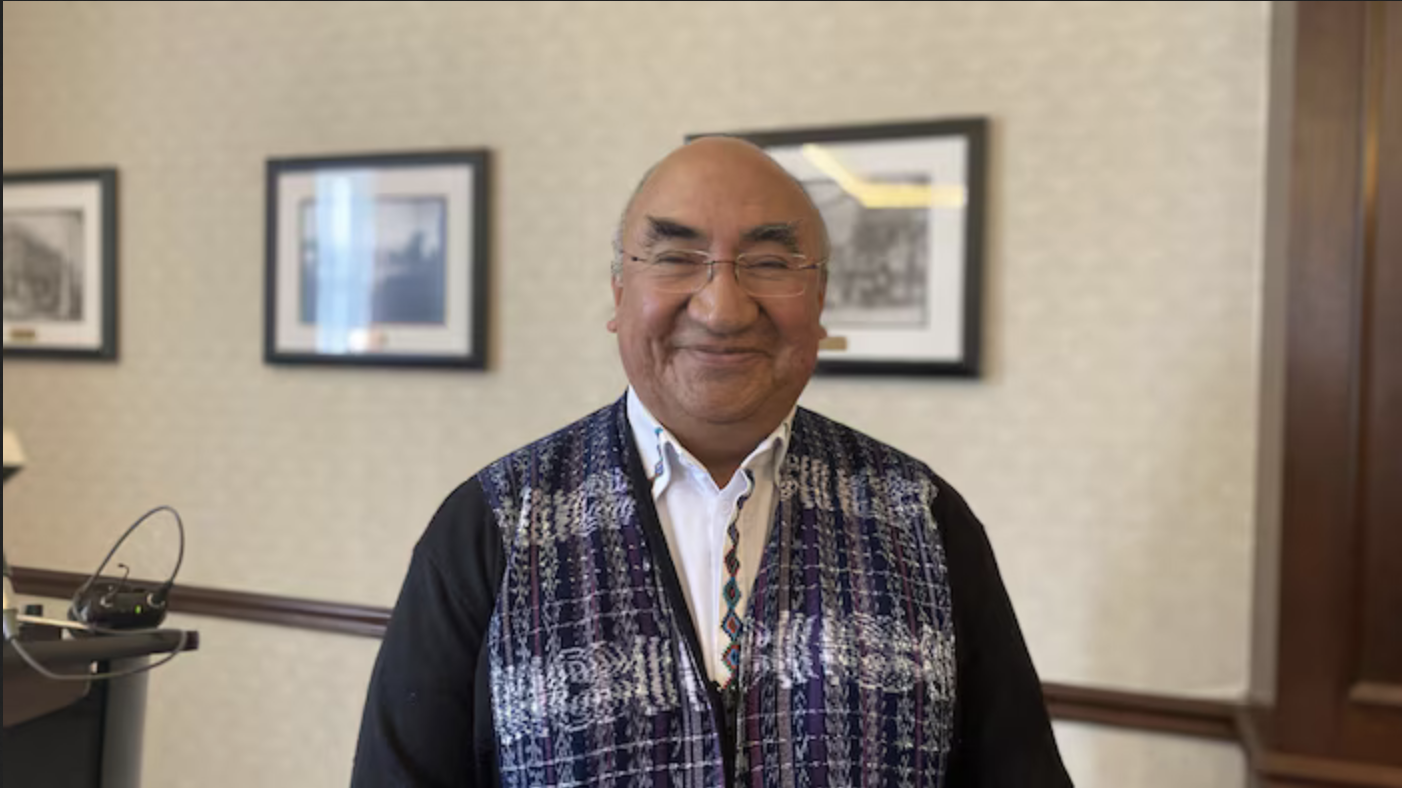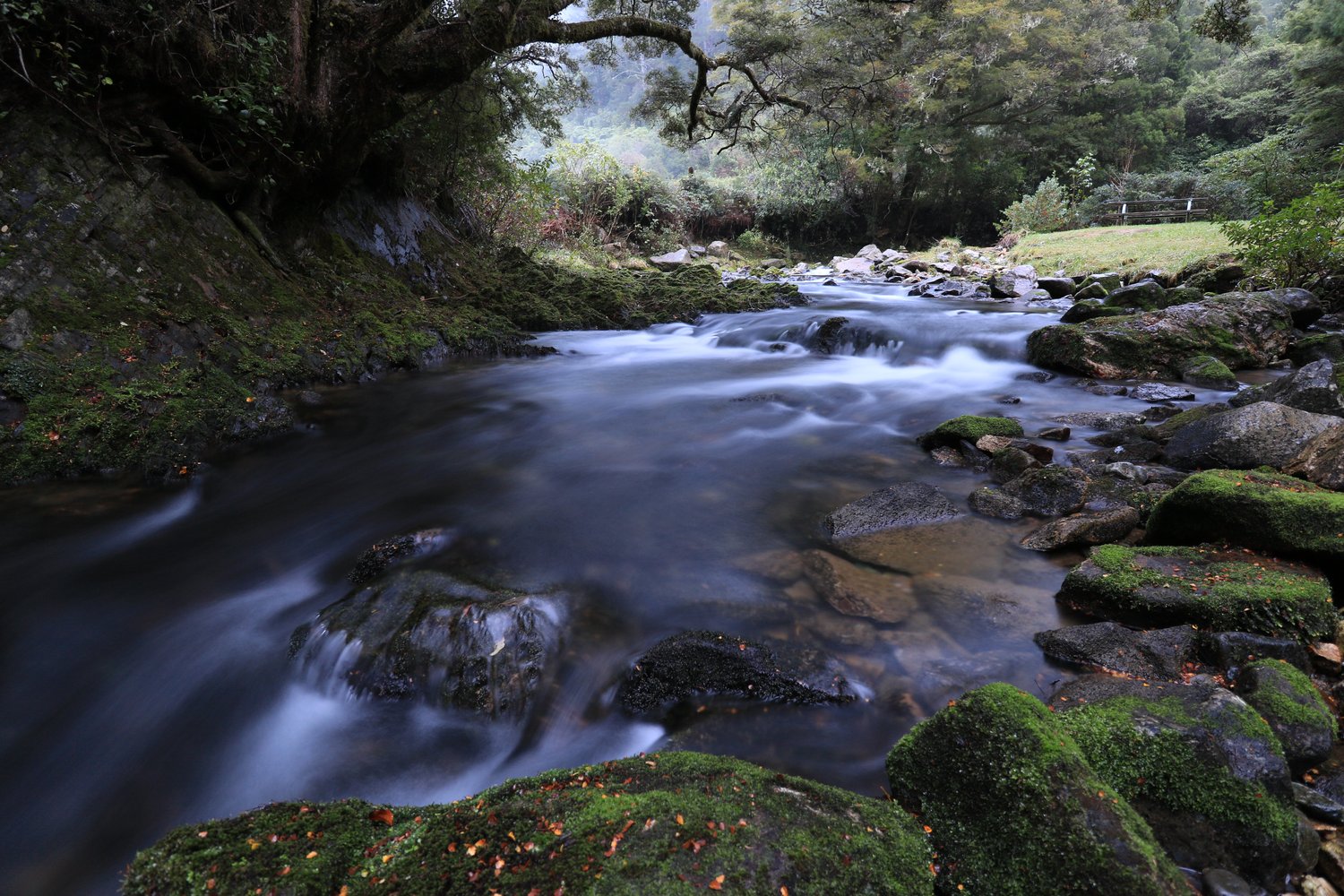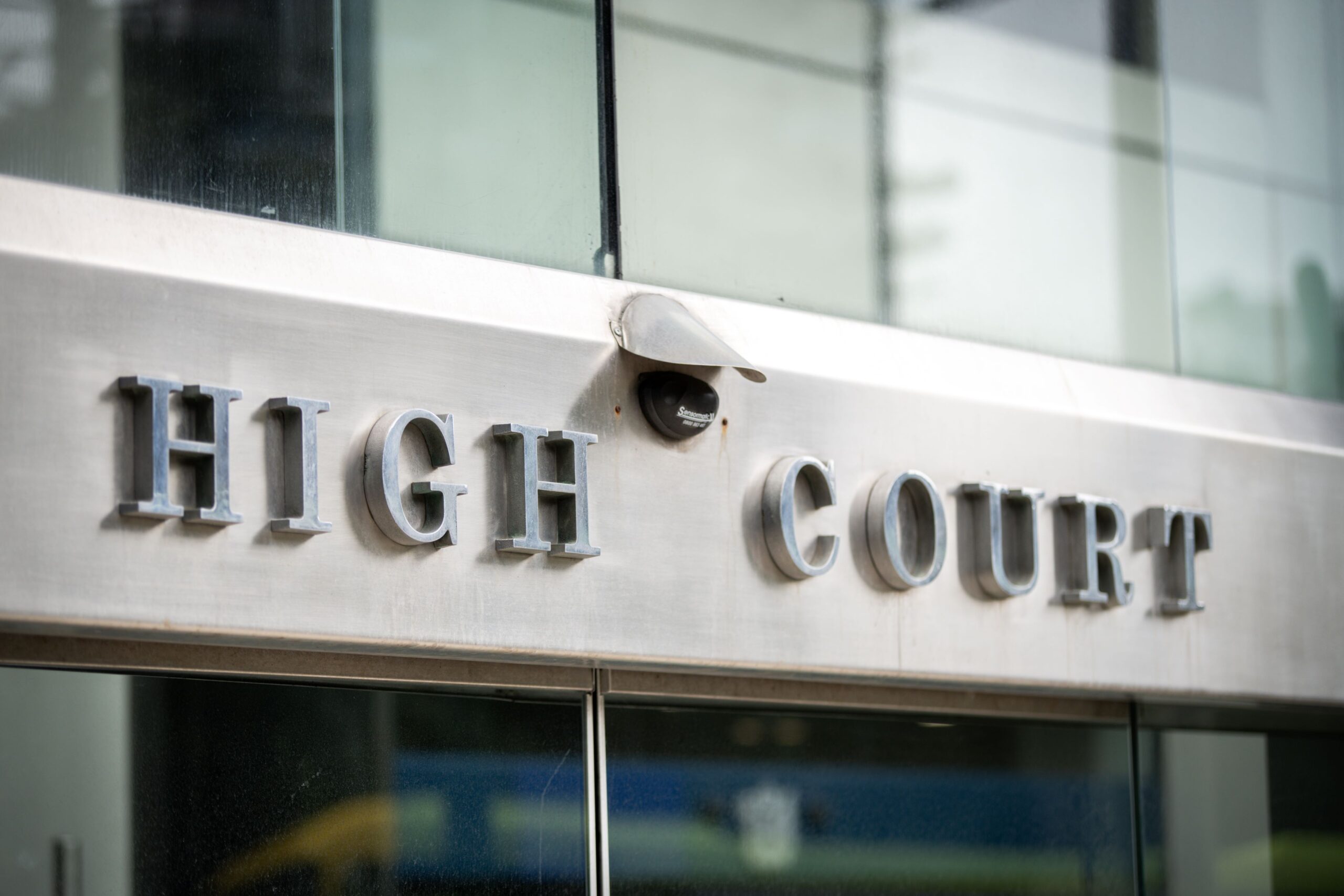OPINION: UN human rights review a red flag for Government – Kerensa Johnston
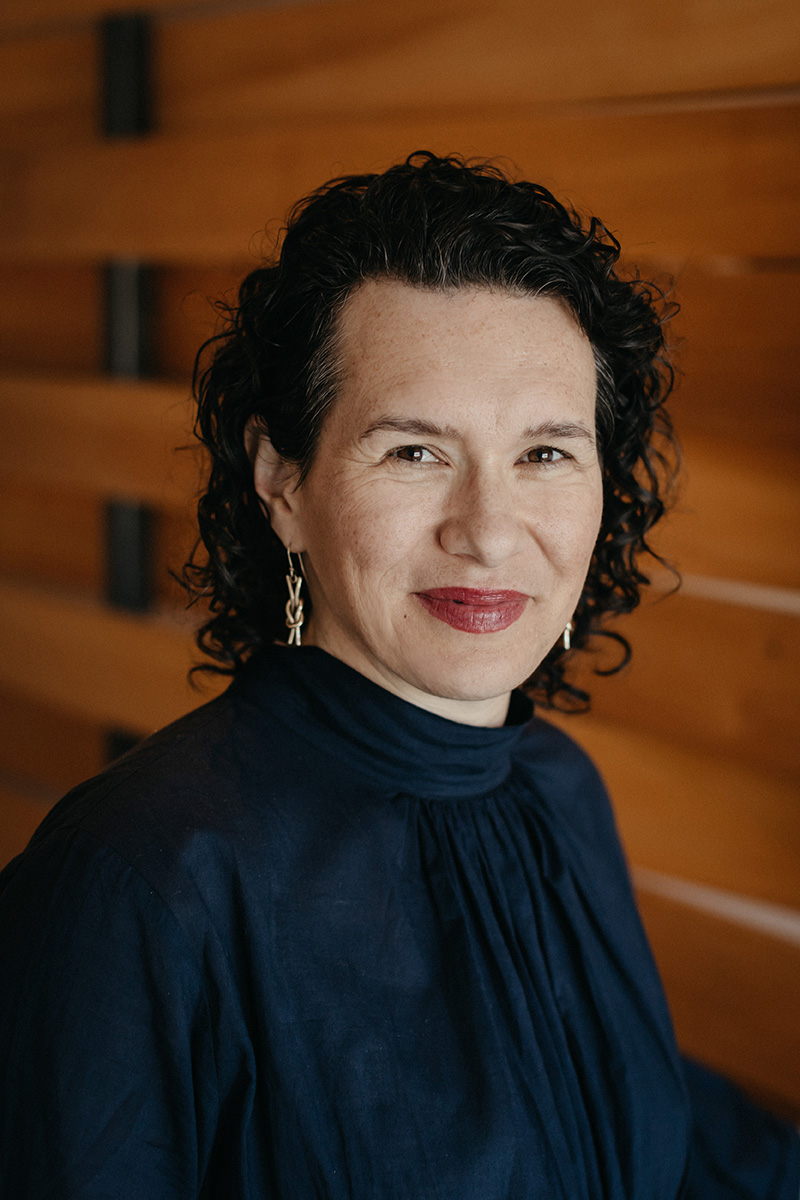 Every five years, New Zealand’s human rights record is scrutinised by the UN as part of its Universal Periodic Review (UPR). New Zealand’s fourth review took place last month, in Geneva.
Every five years, New Zealand’s human rights record is scrutinised by the UN as part of its Universal Periodic Review (UPR). New Zealand’s fourth review took place last month, in Geneva.
It consisted of a national report submitted to the UN and published on its website; a three-hour hearing at which Hon Paul Goldsmith, Minister for Justice, delivered a national statement on behalf of the Government; and then recommendations from other countries on how we can improve our human rights situation.
This last element is perhaps the most crucial, and certainly the most telling as a gauge of how our nation is doing according to our peers on the international stage.
No fewer than 40 countries made recommendations for New Zealand to improve its performance in relation to the human rights of indigenous peoples.
It is significant that there is so much international concern about the state of human rights in New Zealand, particularly as it relates to Māori. This should be a red flag for us here at home and particularly for the Government.
Countries like Norway, Greece, Switzerland, Germany, China, Australia and the USA – countries that we trade with and partner with – have called on the Government to improve its protection of indigenous rights.
Their response follows the Government’s backdown from the United Nations Declaration on the Rights of Indigenous Peoples (UNDRIP) and other human rights issues that have emerged since the coalition took office.
Their criticisms, veiled as they were in diplomatic language, were criticisms, nonetheless, and highlight a serious erosion of human rights in Aotearoa. China, for example, noted with concern that racism or hate speech remains severe in New Zealand, while Germany recommended that Te Tiriti be incorporated into a written constitution and the New Zealand Bill of Rights Act amended to incorporate a broader range of rights, as set out in international covenants.
There are several recent examples of human rights violations to choose from. One close to home is the Government’s ongoing failure to meet its legal obligations, recognised by the Supreme Court in 2017, in relation to the Nelson Tenths Reserves, and the Government’s duty to reserve and protect that land for its Māori customary owners.
While the case is still before the courts, it engages critical human rights and international law obligations that will need to be resolved by the Government if it takes those rights and obligations seriously.
This is because the Crown’s ongoing failure to meet its duties in relation to the Nelson Tenths Reserves is a breach of fundamental human rights, including the right to culture and ancestral land.
Despite the Supreme Court’s landmark decision in 2017, not a single acre of land has been returned to its owners. Every day that goes by is a day that the customary owners are deprived of their rights to land and resources, to self-determination, to take part in cultural life, and to effective redress – rights that are guaranteed under the UNDRIP and deserve protection and recognition by our Government.
In a recent press release, indigenous rights scholar Professor Claire Charters describes our case, and others like it, as a miscarriage of justice.
“These modern-day experiences of iwi, hapū, and whānau highlight how readily Parliament can override human rights, and especially the rights of Indigenous peoples. It’s a serious flaw in the current system of government in Aotearoa.”
This year, alongside other organisations facing similar challenges, we submitted a report to the UPR process explaining our case and the history of the Nelson Tenths Reserves.
We also welcomed the UN Special Rapporteur on the Rights of Indigenous Peoples to Nelson to learn about our case and to gather information on the state of human rights breaches with respect to indigenous peoples in Aotearoa.
The lack of constitutional protections in Aotearoa, particularly for Māori, mean that international law mechanisms like the UPR are all the more important in order to hold state power to account.
The recommendations made by 40 UN member states this year provide an element of scrutiny and accountability that will be difficult for our Government to ignore. While they are not binding, they provide an important gauge on how the international community sees us and how we are meeting, or failing to meet – basic human rights standards.
The Government, will, presumably respond to the recommendations and criticisms. Hon Goldsmith said the input would be ‘considered’ as the Government shapes its work.
We can only hope that the Government will listen and take meaningful steps to undo the backward momentum.
Kerensa Johnston is a member of the Te Here-ā-Nuku Working Committee.
This article was originally published in The Post and The Press.
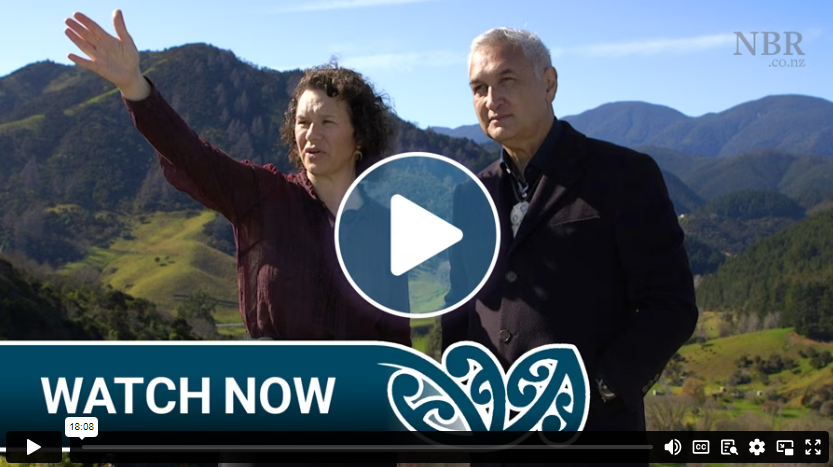

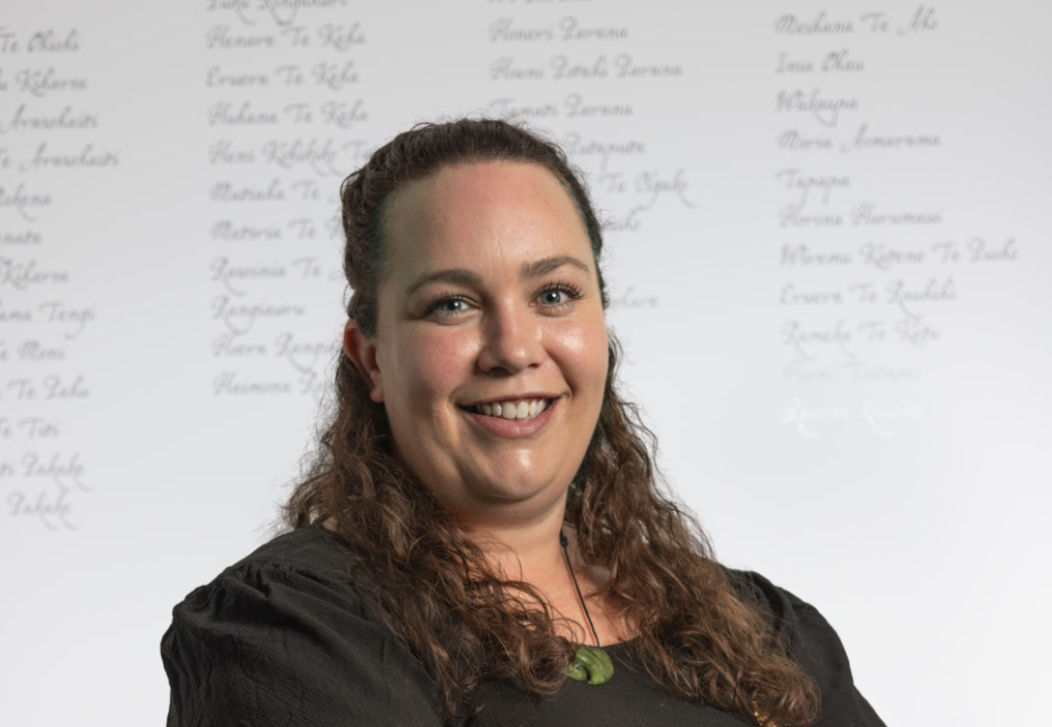
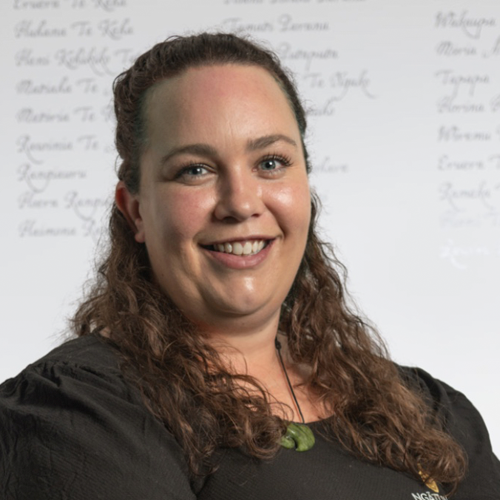
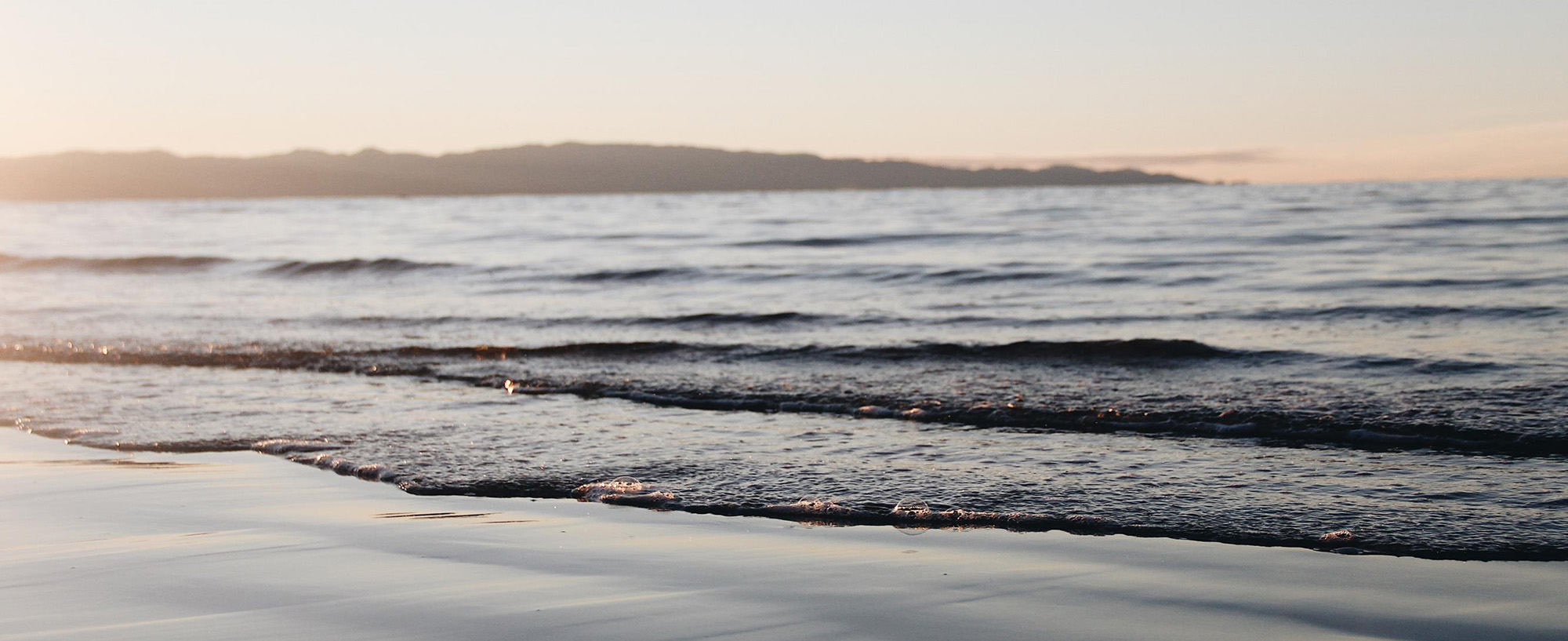

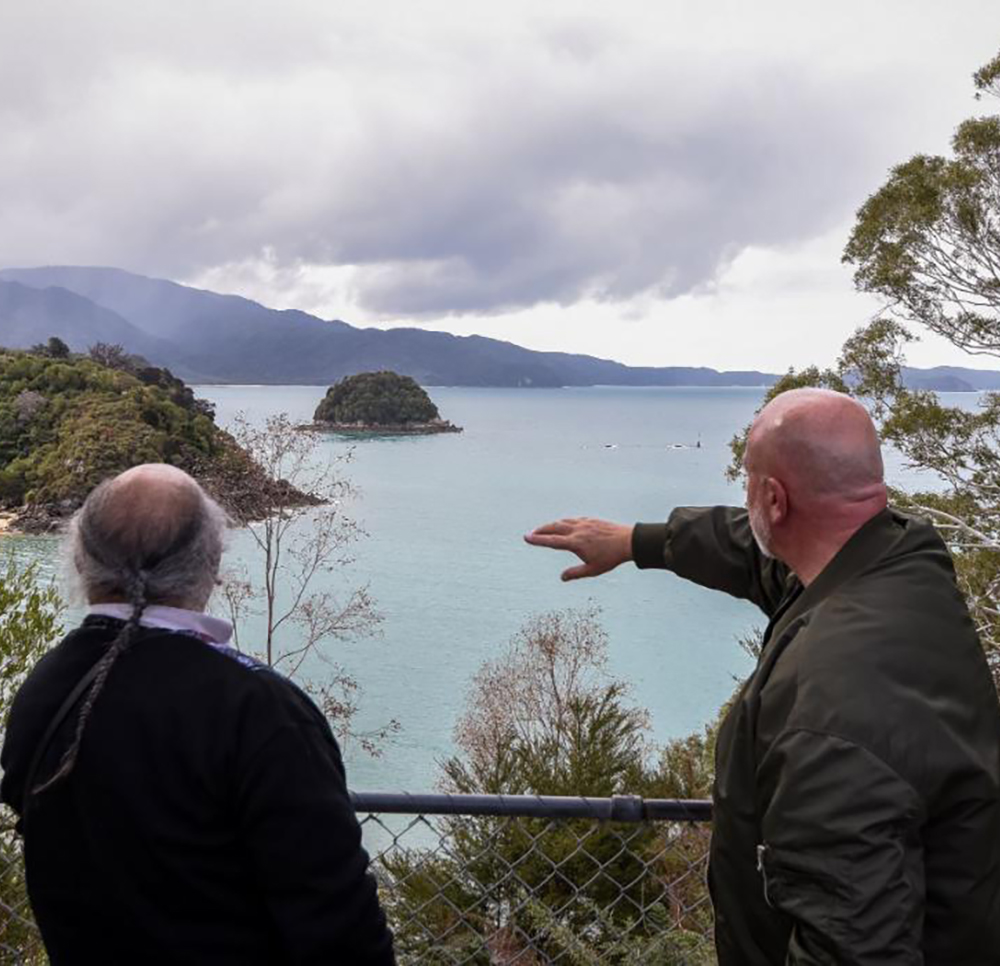
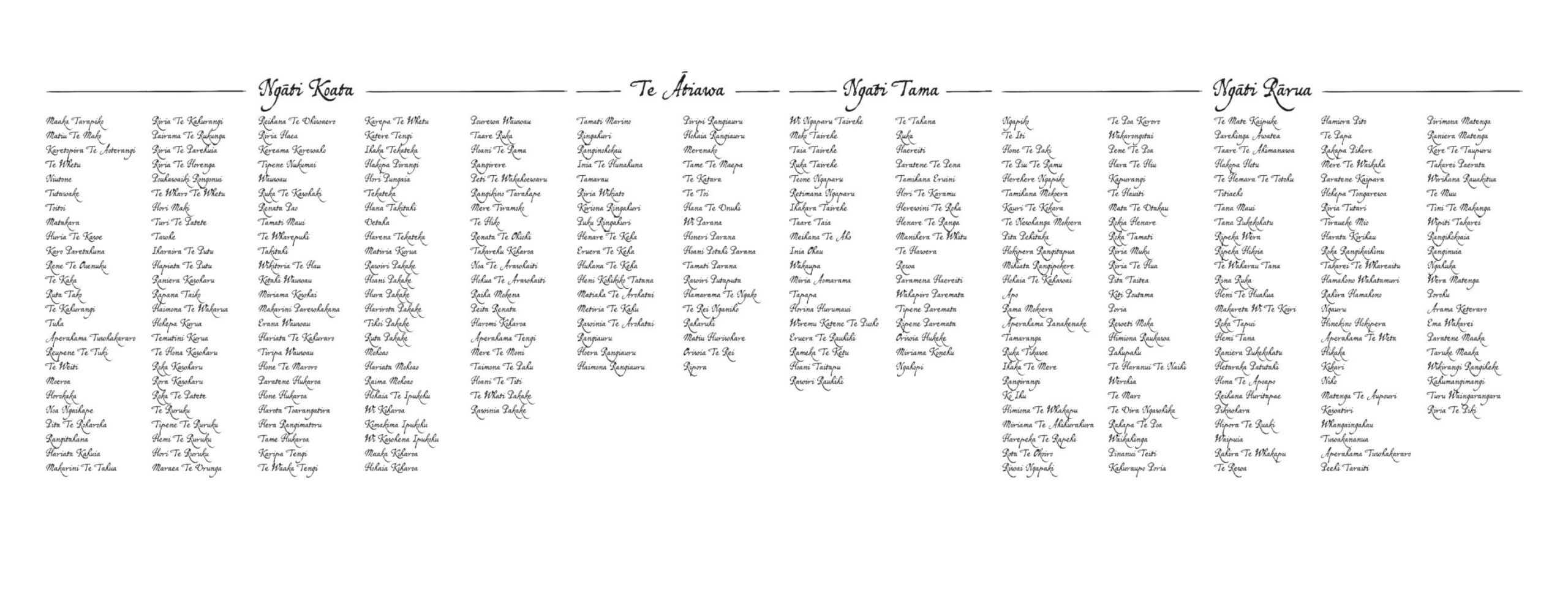

 Whakapapa to me is our indigenous way to understand how the world is. It is inherent to who we are as Māori. It is our line we trace back that connects us to everything in the natural world. For me, whakapapa ties me to my hapū-based identity as Te Ātiawa and Ngāti Koata. It is a reciprocal relationship with all that is around us – we belong to the land, the river and the seas and it is our responsibility to protect and nurture it for mokopuna to come.
Whakapapa to me is our indigenous way to understand how the world is. It is inherent to who we are as Māori. It is our line we trace back that connects us to everything in the natural world. For me, whakapapa ties me to my hapū-based identity as Te Ātiawa and Ngāti Koata. It is a reciprocal relationship with all that is around us – we belong to the land, the river and the seas and it is our responsibility to protect and nurture it for mokopuna to come.